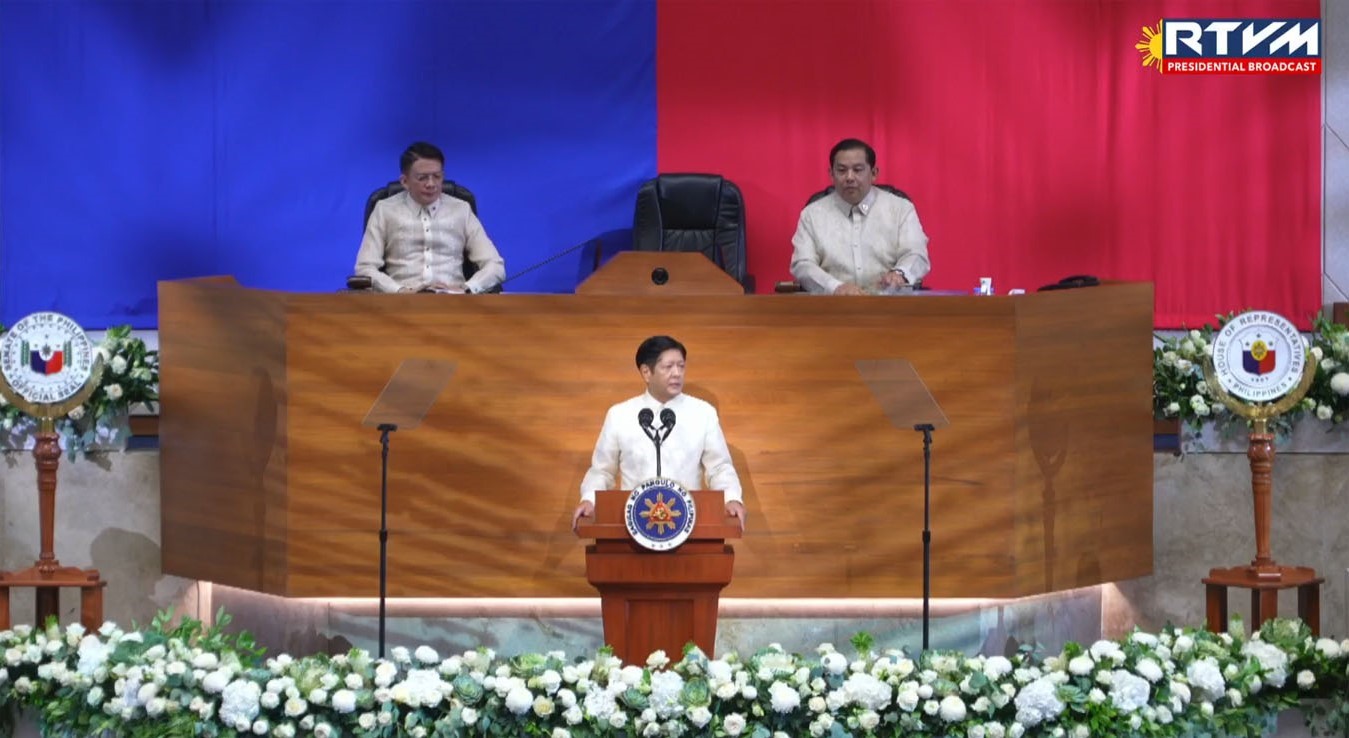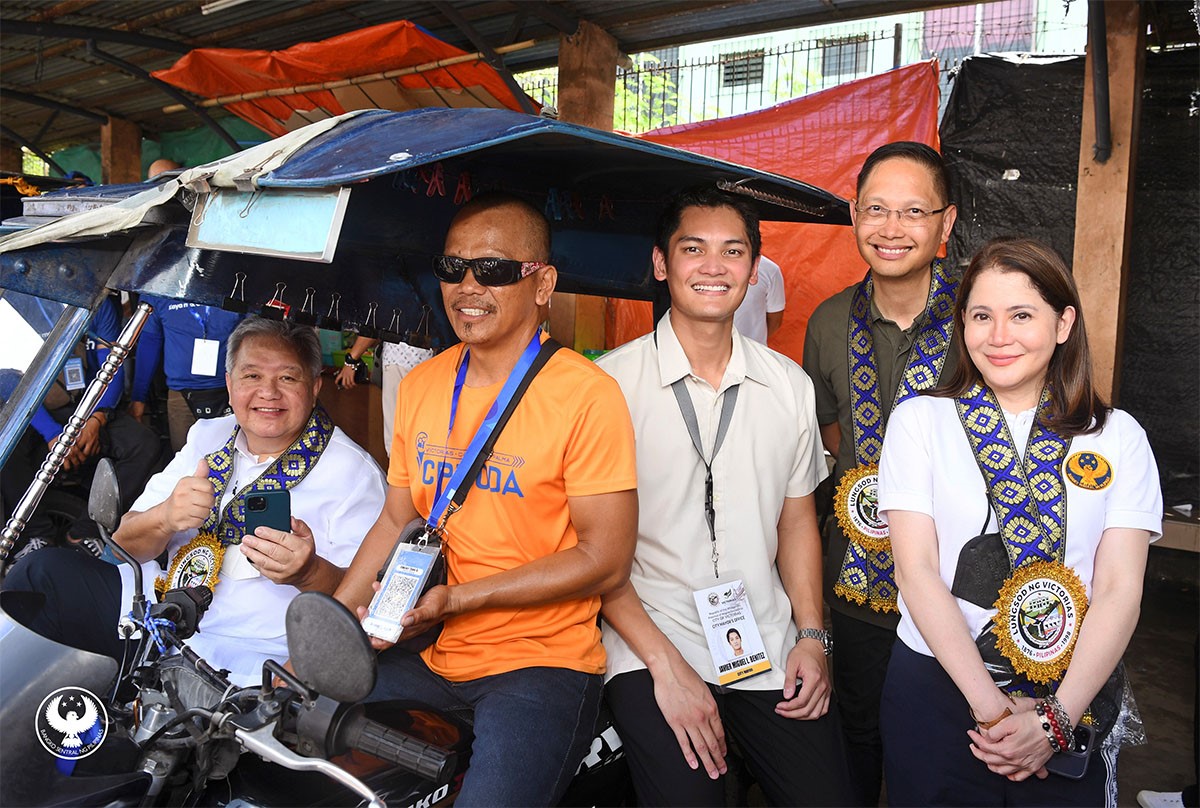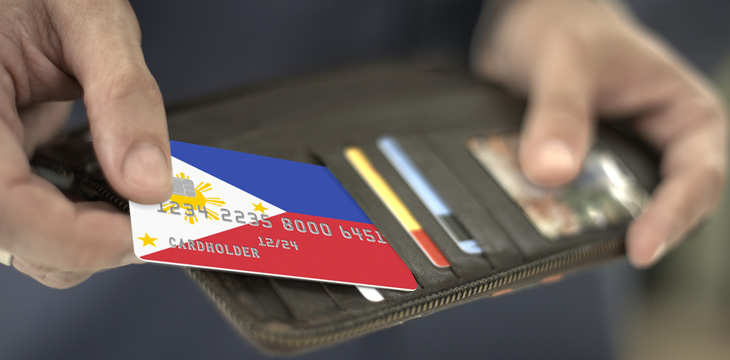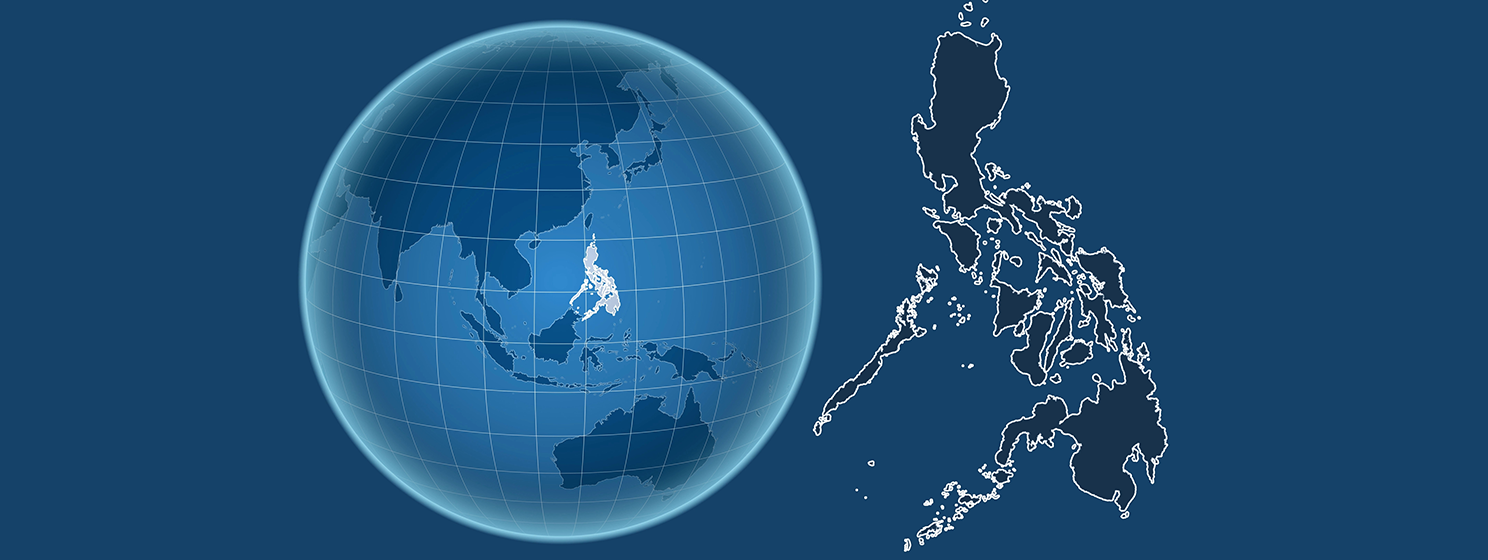|
Getting your Trinity Audio player ready...
|
The Bangko Sentral ng Pilipinas (BSP), the Philippines’ central bank, has announced an achievement in the country’s digital finance sector. According to the 2023 Report on E-Payments Measurement, the share of digital payment transactions in the Philippines has surged from 42.1% in 2022 to 52.8% in 2023. This accomplishment surpasses the central bank’s goal of digitalizing 50% of retail payments by 2023, as outlined in its Digital Payments Transformation Roadmap 2018-2023.
BSP Governor Eli Remolona expressed pride in this achievement, highlighting its significance in the pursuit of a cash-lite economy.
“We take pride in this achievement as proof that our pursuit of a cash-lite economy has consistently been progressing. We owe this to our citizens who are the foremost beneficiaries of a safe, efficient, and inclusive digital payments system. As we serve their payment needs and deepen financial inclusion, we are ready to bring digital finance to new heights,” Remolona stated.
Marcos backs Paleng-QR initiative

The rise in digital payments in the Philippines was also highlighted in Philippine President Ferdinand Marcos Jr.’s latest State of the Nation Address (SONA).
“More and more systems are now digital and cashless, assimilating individuals, MSMEs, and even agricultural workers. These have expedited transactions and commercial exchanges and promoted the convenience of all parties concerned,” Marcos said.
The president also mentioned BSP’s Paleng-QR program.
“Paleng-QR is one of those programs that is gradually gaining traction among the public and increasing user engagement,” he said.
The Paleng-QR Ph program was jointly developed by the BSP and the Department of the Interior and Local Government (DILG). The program aims to build the digital payments ecosystem in the country by promoting cashless payments in public markets and local transportation, particularly tricycles. According to the BSP, the program seeks the policy championship and enjoins local government units (LGUs) to push for the acceptance of digital payments among market vendors, community shopkeepers and tricycle operators and drivers (TODA) in all cities and municipalities in the country.
According to the latest data from the BSP, 100 LGUs have conducted launch activities or have issued policies in support of the Paleng-QR Ph program. Seventy-four of them are in Luzon, 15 in the Visayas, eight in Mindanao and three in Metro Manila.

Growth in transaction value
In addition to the increase in transaction volume, the value of digital payments also saw a significant rise.
The report indicates that the share of monthly digital payments in terms of value grew from 40.1% in 2022 to 55.3% in 2023. This growth reflects a broader adoption of digital payment methods across various sectors.
Key contributors to e-payment growth
The primary drivers of this increase in digital payments were merchant payments, which accounted for 64.9% of the total monthly digital payments volume. Person-to-person transfers contributed 19.3%, while business-to-business supplier payments made up 6.1%.
This growth is consistent with the increase in ownership of transaction accounts, particularly e-money accounts, which are increasingly used for payments.
Strategic positioning for economic growth
With the progress in digital payments adoption, the BSP, in collaboration with the payment industry, is well-positioned to advance digital payments further. This strategic positioning is expected to empower Filipino businesses and consumers, making them more active contributors to economic growth.
Remolona emphasized the importance of this progress, stating, “We should not rest on our laurels. Achieving the target is not the end goal. What we would like to see are lives being transformed by our policies.”
He highlighted the practical benefits of digital finance, particularly for overseas Filipinos, small businesses, and everyday citizens.
“When Overseas Filipinos conveniently send remittances at faster and cheaper rates; when businesses, particularly micro, small and medium enterprises, accept e-payments and transact with suppliers and billers digitally; and when every Juan and Maria’s preferred mode of payment is digital – these represent the fulfillment of BSP’s vision of a safe, efficient, reliable, and inclusive payment system,” Remolona explained.
Future of digital payments in the Philippines
The BSP’s commitment to promoting a digital economy is clear. The successful digitalization of over half of the country’s retail payments is a testament to the effectiveness of the BSP’s policies and the willingness of Filipinos to embrace digital finance. Moving forward, the BSP aims to continue driving the growth of digital payments, ensuring that the benefits of digital finance reach all segments of the population.
The transformation to a digital economy not only enhances convenience and efficiency in financial transactions but also plays a crucial role in financial inclusion. By making digital payments more accessible, the BSP is paving the way for a more inclusive financial system where everyone can participate and benefit.
Watch: How the Philippines is transitioning to a premier investment hub

 03-02-2026
03-02-2026 




